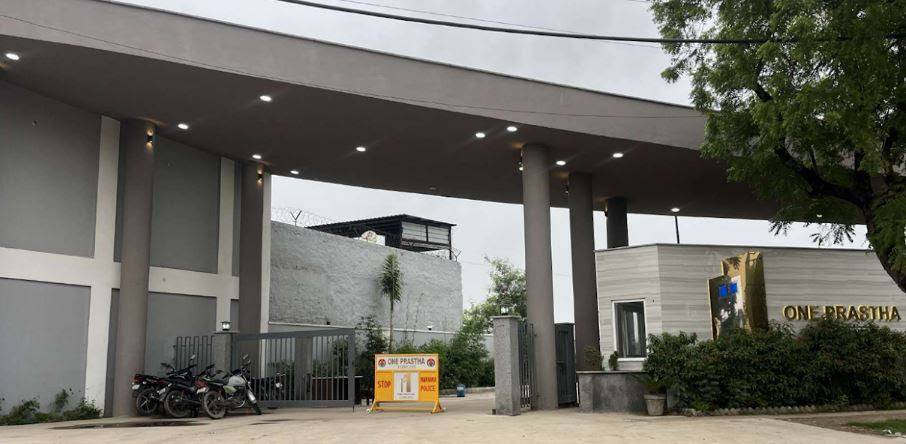The Uttar Pradesh government has recently introduced additional fees for real estate developers, following the notification of new urban planning and development rules. These fees, which include a development permit fee and a building permit fee, are aimed at supporting public infrastructure projects and enhancing urban development within the state.
According to the new regulations, developers or companies planning housing projects in Uttar Pradesh will be required to pay these fees when submitting their initial layout plans to the concerned housing development authority. The fees vary depending on the size of the project and are in addition to the existing charges levied by authorities.
The development permit fee is categorized based on the size of the land being developed. For projects that cover an area greater than one hectare, the fee is set at Rs 10,000. For projects falling between one and 2.5 hectares, the fee increases to Rs 20,000. These fees are intended to contribute to the management and improvement of public infrastructure as more housing projects are developed in the state.
Once a layout plan is approved by the authorities, developers will also be required to pay a building permit fee. This fee is based on the total covered area of the project and differs depending on the type of development. For commercial projects, the fee is Rs 30 per square meter. For group housing developments, the rate is set at Rs 15 per square meter. Residential plots are subject to a building permit fee of Rs 5 per square meter.
These new fees will add to the processing charges already in place for real estate development projects in Uttar Pradesh. The state government has emphasized that these fees are necessary to support the ongoing efforts to improve public infrastructure, which is essential to accommodate the growing demand for housing and urban expansion.
The implementation of these fees is already underway, with the vice chairmen of 29 development authorities across the state taking the lead in enforcing the new rules. The move aims to streamline the planning process while ensuring that developers contribute to the cost of infrastructure development, which in turn will benefit the overall growth of the region.
While these changes are likely to affect developers' costs, they are also expected to contribute to the creation of better urban environments. By directing funds towards public infrastructure, the state government hopes to ensure that new developments align with the broader goals of urban sustainability and infrastructure improvement.
Real estate developers will need to consider these additional costs as part of their project planning and budgeting moving forward. These rules highlight the importance of regulatory compliance in the rapidly evolving real estate market in Uttar Pradesh.









.png)